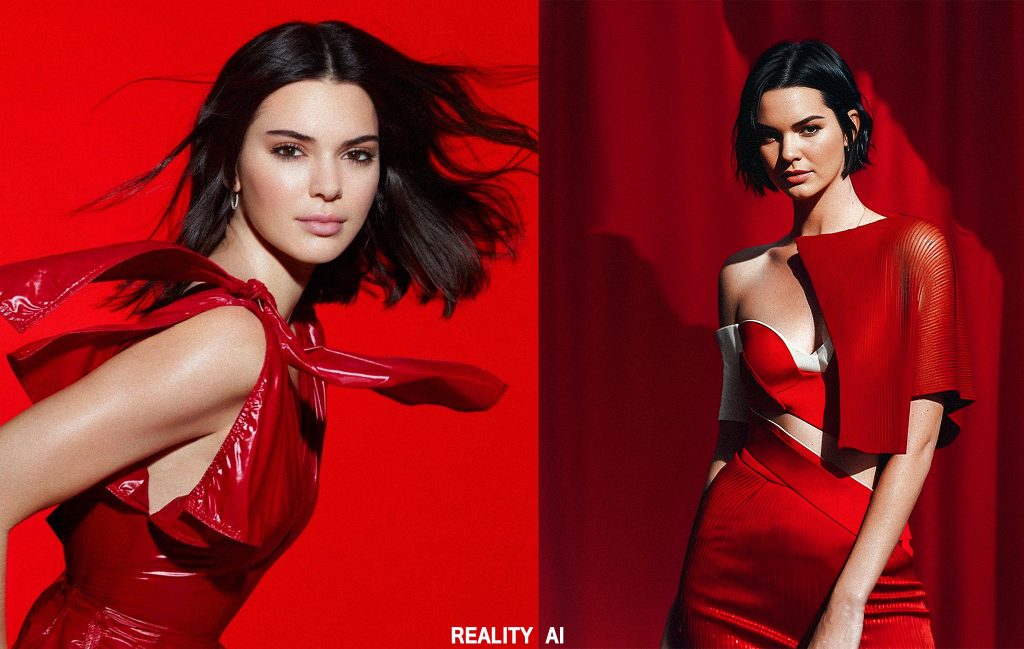Artificial intelligence (AI) is already having a significant impact on the photographic industry and photographs. Here are a few ways in which AI is impacting the industry:
Image recognition: AI algorithms can recognize and categorize objects, people, and scenes within photos using machine learning techniques. For example, an AI algorithm can be trained to identify different types of flowers or animals within images, and then use that information to automatically tag and organize a large photo collection. This can save photographers and other users significant time and effort in sorting through and searching for specific images.
Automated photo editing: AI-powered software can analyze images to automatically adjust exposure, color, contrast, and other settings in order to improve the overall quality of the image. Some software even uses machine learning to learn a photographer’s style and preferences, allowing it to make more accurate and personalized edits over time. This can save photographers time and effort in the editing process, while also improving the overall quality of their work.
Content creation: AI algorithms can generate realistic images based on user input, or even create entirely new images from scratch. This has the potential to revolutionize the stock photography industry, as well as help photographers and other creatives visualize their ideas before actually creating them. For example, a photographer could use AI-generated images as a starting point for their own photography, or an advertiser could use AI-generated images to create custom ads for their target audience.
Personalization: AI can help tailor photographs to individual preferences, such as by recommending images based on a user’s past behavior or by customizing images based on a user’s unique characteristics. For example, an online photo platform could use AI to recommend images to a user based on their past searches and downloads, or a photo editing app could use AI to adjust an image’s color balance based on a user’s eye color.
Ethical considerations: As with any technology, the use of AI in photography raises important ethical questions around issues such as privacy, bias, and authenticity. For example, the use of AI-powered facial recognition technology raises concerns around privacy and potential misuse, while the use of AI-generated images raises questions around authenticity and ownership. As AI continues to become more prevalent in the photographic industry, it will be important for companies and individuals to consider these ethical issues and work to ensure that AI is used in a responsible and ethical manner.
Overall, AI has the potential to revolutionize the photographic industry and the way we create, edit, and consume photographs.

